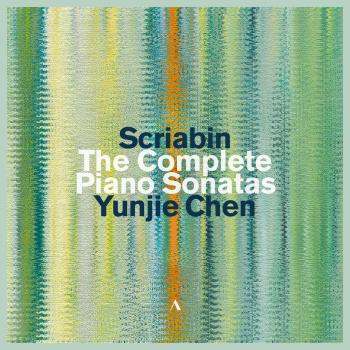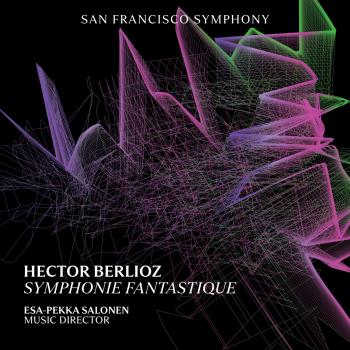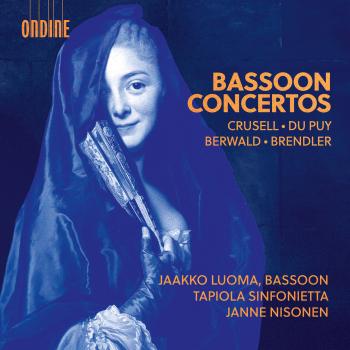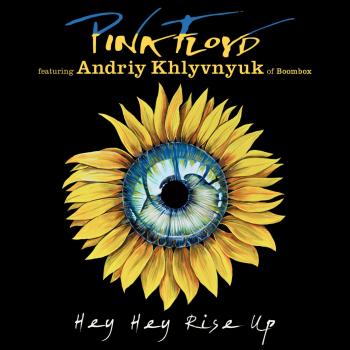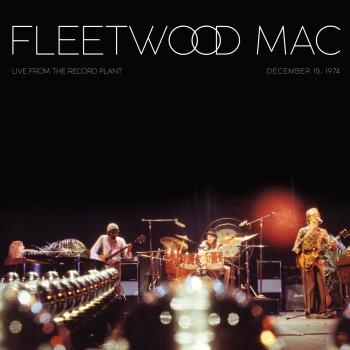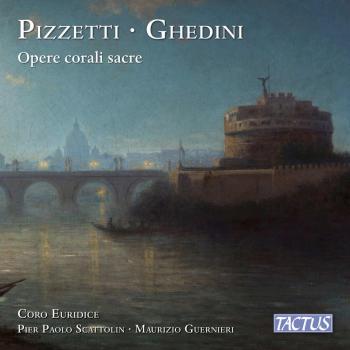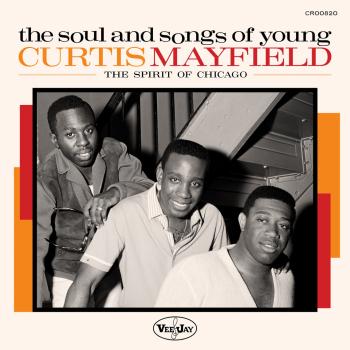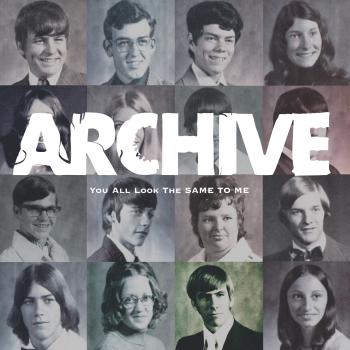
Rossini: The String Sonatas Francesco Manara, Daniele Pascoletti, Massimo Polidori & Francesco Siragusa
Album info
Album-Release:
2021
HRA-Release:
29.10.2021
Label: Brilliant Classics
Genre: Classical
Subgenre: Chamber Music
Artist: Francesco Manara, Daniele Pascoletti, Massimo Polidori & Francesco Siragusa
Composer: Gioacchino Rossini (1792-1868)
Album including Album cover Booklet (PDF)
- Gioacchino Rossini (1792 - 1868): Sonata No. 1 in G Major:
- 1 Rossini: Sonata No. 1 in G Major: I. Moderato 07:52
- 2 Rossini: Sonata No. 1 in G Major: II. Andante 04:12
- 3 Rossini: Sonata No. 1 in G Major: III. Allegro 02:34
- Sonata No. 2 in A Major:
- 4 Rossini: Sonata No. 2 in A Major: I. Allegro 11:18
- 5 Rossini: Sonata No. 2 in A Major: II. Andante 03:16
- 6 Rossini: Sonata No. 2 in A Major: III. Allegro 02:25
- Sonata No. 3 in C Major:
- 7 Rossini: Sonata No. 3 in C Major: I. Allegro 06:25
- 8 Rossini: Sonata No. 3 in C Major: II. Andante 04:05
- 9 Rossini: Sonata No. 3 in C Major: III. Moderato 03:07
- Duet for Cello and Contrabass in D Major:
- 10 Rossini: Duet for Cello and Contrabass in D Major: I. Allegro 05:53
- 11 Rossini: Duet for Cello and Contrabass in D Major: II. Andante Molto 03:40
- 12 Rossini: Duet for Cello and Contrabass in D Major: III. Allegro 04:02
- Sonata No. 4 in B-Flat Major:
- 13 Rossini: Sonata No. 4 in B-Flat Major: I. Allegro Vivace 11:28
- 14 Rossini: Sonata No. 4 in B-Flat Major: II. Andante 04:00
- 15 Rossini: Sonata No. 4 in B-Flat Major: III. Allegretto 02:41
- Sonata No. 5 in E-Flat Major:
- 16 Rossini: Sonata No. 5 in E-Flat Major: I. Allegro Vivace 11:53
- 17 Rossini: Sonata No. 5 in E-Flat Major: II. Andante 03:52
- 18 Rossini: Sonata No. 5 in E-Flat Major: III. Allegretto 03:25
- Sonata No. 6 in D Major:
- 19 Rossini: Sonata No. 6 in D Major: I. Allegro Spiritoso 10:52
- 20 Rossini: Sonata No. 6 in D Major: II. Andante Assai 02:37
- 21 Rossini: Sonata No. 6 in D Major: III. Allegro 05:39
Info for Rossini: The String Sonatas
Move over Mendelssohn: new recordings of six summery string quartets composed by the prodigiously gifted teenage Rossini.
These sonatas, saucy and urbane, are the work of the young Rossini, who was possibly though not certainly 12 at the time of their composition while spending his summer holidays on the family estate of the Ravenna aristocracy. They are great fun, for the composer wrote them originally for two violins, cello, and double bass, and set a variety of obstacles for his friend the double bassist Agostino Triossi. Rossini’s youth in any case quickly becomes immaterial when listening to these works, which demonstrate a fluency and finesse that many composers would struggle to emulate whatever their age.
The pieces were later transcribed by others for normal string quartet, for woodwind quartet, even for full string orchestra, in which capacity four of them were recorded by the Berlin Philharmonic and Karajan. However, Rossini’s original version retains an unrivalled freshness of expression, and no one can fail to be entertained by the overt drama of No. 6, with its last movement rising in the chromatic waves so beloved of Berlioz, or the occasional galloping efforts of the double basses, taking their turn at figurations more at home on the violins.
While the Sonatas have enjoyed no shortage of recordings, very few of them are so generously or appropriately coupled with the bonus item here. This is a Duet for cello and double bass in D major from Rossini’s maturity: he was all of 32 at the time, by then a celebrity across Europe and staying in London with another aristocratic instrumentalist, an English cellist in search of repertoire to partner his friend, the virtuoso bassist Domenico Dragonetti, who had made his career in the English capital. The Duo is a substantial three-movement piece proportioned along the same Classical lines as the Sonatas and no less attractive.
All four of these Italian musicians are principal players in the orchestra of the Teatro alla Scala in Milan, the upper three being members of the Quartetto d’Archi della Scala, and their performances are accordingly imbued with the lively, native feel for this joyous music, which finds them ‘on holiday’ as much as the composer was when he wrote it.
Gioacchino Rossini (1792-1868) was the most significant Italian composer of the first half of the nineteenth century. Born to working musicians – his father was a horn player, his mother an opera singer – his operas, both comic and serious, conquered Maples, Italy and later the rest of the world. His style is sensuous, brilliant and rhythmically vital, a constant source of delight and excitement.
Rossini was just twelve years old when during the summer holidays, spent in 1804 at the Conventello in Ravenna estate in the home of the Triossi family, he composed the “Sei sonate a quattro”. Rossini had been invited by the young Agostino Triossi, a self-taught double bass player, who had asked him to write chamber music for him and for his cousins Luigi and Giovanni Morini, who used to play the violin and the cello, respectively.
After their composition, the tradition of performing them frequently in transcription for string ensembles has established itself, although the performance, according to the original text, (certainly better), highlights the lively dialogue among the instruments.
The present recording is played in the original form by four string players, Francesco Manara (violin), Daniele Pascoletti (violin), Massimo Polidori (cello) and Francesco Siragusa (double bass), in the best Italian tradition of instrumental Belcanto.
Francesco Manara, violin
Daniele Pascoletti, violin
Massimo Polidori, cello
Francesco Siragusa, double bass
Francesco Manara
was born in Turin.
He studied at this city's Musical Academy where he obtained his diploma with full marks, honours and special mention under the guidance of Maestro Marin.
He the perfected his studies with F. Gulli, S. Gheorghiu and H. Krebbers. He has won numerous international prizes such as the "J. Joachim" Hannover award, the "Stradivari" of Cremona, the "Spohr" of Freiburg, the "Doug-A" of Seul, the "ARD" of Munich and "Tchaikowski" (special award) of Moscow, as well as the "Paganini" (special award) of Genoa and "CIEM" (first prize) of Geneva.
Such important awards soon led him to undertake a brilliant career as a soloist, in the course of which he has performed with more than fifty orchestra.
Furthermore, as a member of chamber music ensembles, he has played in some of the most prestigious theatres in the world.
He teaches at the "Accademia di Perfezionamento" for the Scala's orchestra professors.
Booklet for Rossini: The String Sonatas

